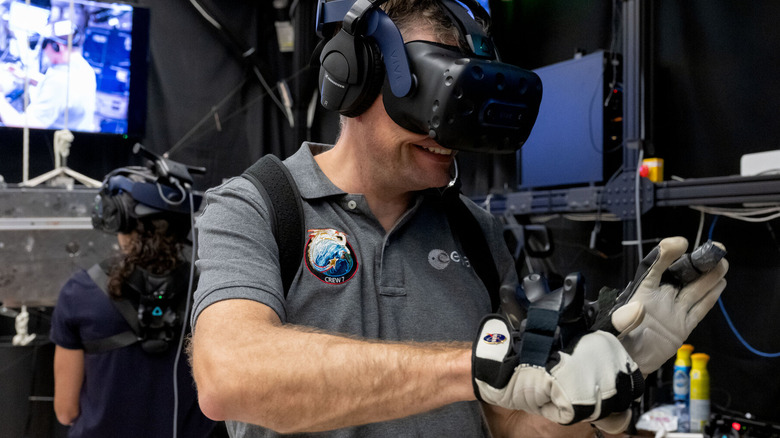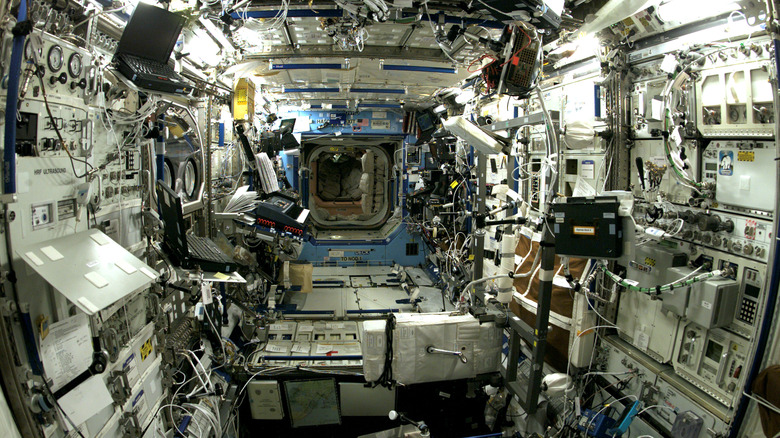HTC's Vive Focus 3 VR Headset Is Heading For The ISS: Here's Why
On November 7, an HTC Vive Focus 3 will be sent to the International Space Station. However, The VR headset is not for astronauts to play the latest games but to improve their mental health. In a press release, one of the key players in the project, XRHealth, noted the need for mental health aid in space, citing a lack of stimulation and a highly stressful environment in the space station.
XRHealth is a company that offers at-home virtual reality therapy and, soon, in-space therapy with the help of Nord-Space ApS and HTC Vive. Eran Orr, Chief Executive Officer at XRHealth, stated that this venture would "relieve the pressure and stress so astronauts will be able to keep top performance while doing crucial space missions." The treatment is also said to account for the specific needs of each astronaut.
The HTC Vive Focus 3 that will be employed at the ISS was precisely calibrated to work in microgravity environments. This kind of thing has been tried before but had so many issues it was unusable due to a lack of gravity vectors for the device to latch onto. But with a new simulator mode and controllers with particular tracking methodology, it is now possible for VR to work in space, opening the door for a new treatment option.
Floating in a tin can isn't all fun
Chief Technology Officer at Nord-Space ApS, Per Lundahl Thomsen, stated that astronauts are isolated for months, sometimes years, with little contact with loved ones when they are up in a space station. Because of that, they believe "creating a virtual platform that addresses their mental health needs while in isolation is imperative for them to maintain a healthy lifestyle when they return."
This is not a new concern for astronauts. Astronauts like Frank Rubio, who spent the longest stretch in space of any NASA astronaut, have expressed how hard it is being away from their families. During Rubio's trip, he was up there for over a year after NASA extended it from its intended six-month mission. He said in a NASA news briefing that if he knew from the get-go how long he'd be up there, he would not have accepted the job.
He stated that being around all the machinery noise and simple things made him look forward to "enjoying the trees and the silence." So, any mental health program will likely be intriguing to the astronauts. Especially one that lets them enter another world and leave the space station behind.
The first astronaut to try this preventative care is Danish astronaut Andreas Mogensen, who will soon embark on a six-to-eight-month mission on the ISS.

